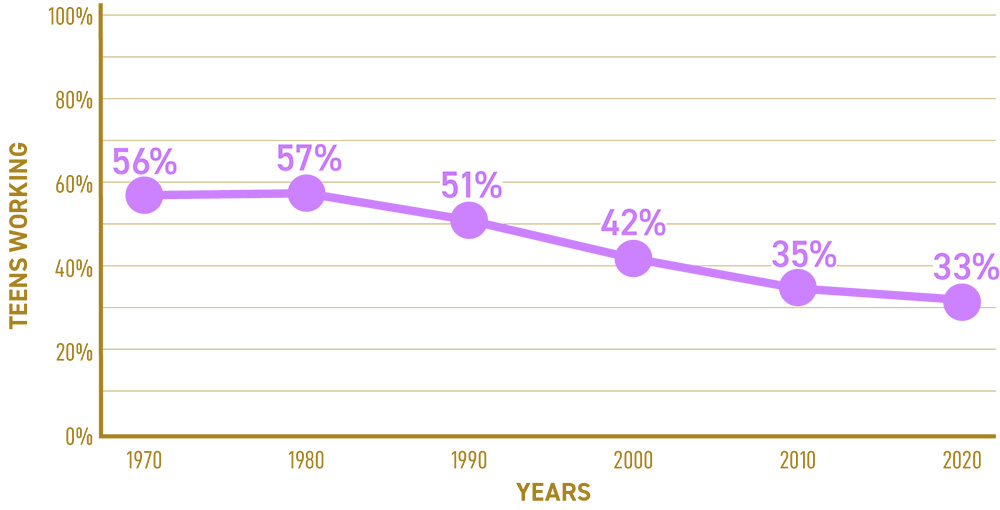
Slow and steady like the tortoise or fast and furious like the hare? Which investing approach do you think offers the best chance of saving enough for a comfortable retirement? For a long-term investor, being a tortoise has its advantages.
THE HARE INVESTOR
Instead of starting to invest when they begin working, hare investors wait to set money aside for retirement. To compensate, hare investors may have to contribute much more to their retirement accounts to make up for their late start.
THE TORTOISE INVESTOR
Tortoise investors start contributing to a retirement account as soon as they’re receiving a paycheck — and keep contributing steadily throughout their working years. By starting early and reaping the benefits of compounding (earning interest on interest), tortoise investors may have to contribute less of their own money to achieve their goals.
TIPS FOR TORTOISES
Consider setting your savings on autopilot by earmarking money from each paycheck to go into your account. Choose an investment mix that reflects your risk tolerance and time frame. Your financial professional can help you accomplish this while creating a diversified portfolio that may help cushion market swings.






